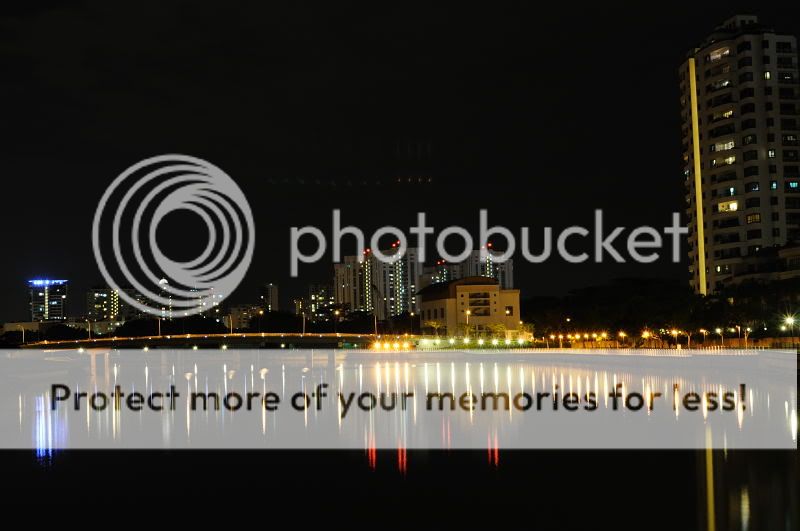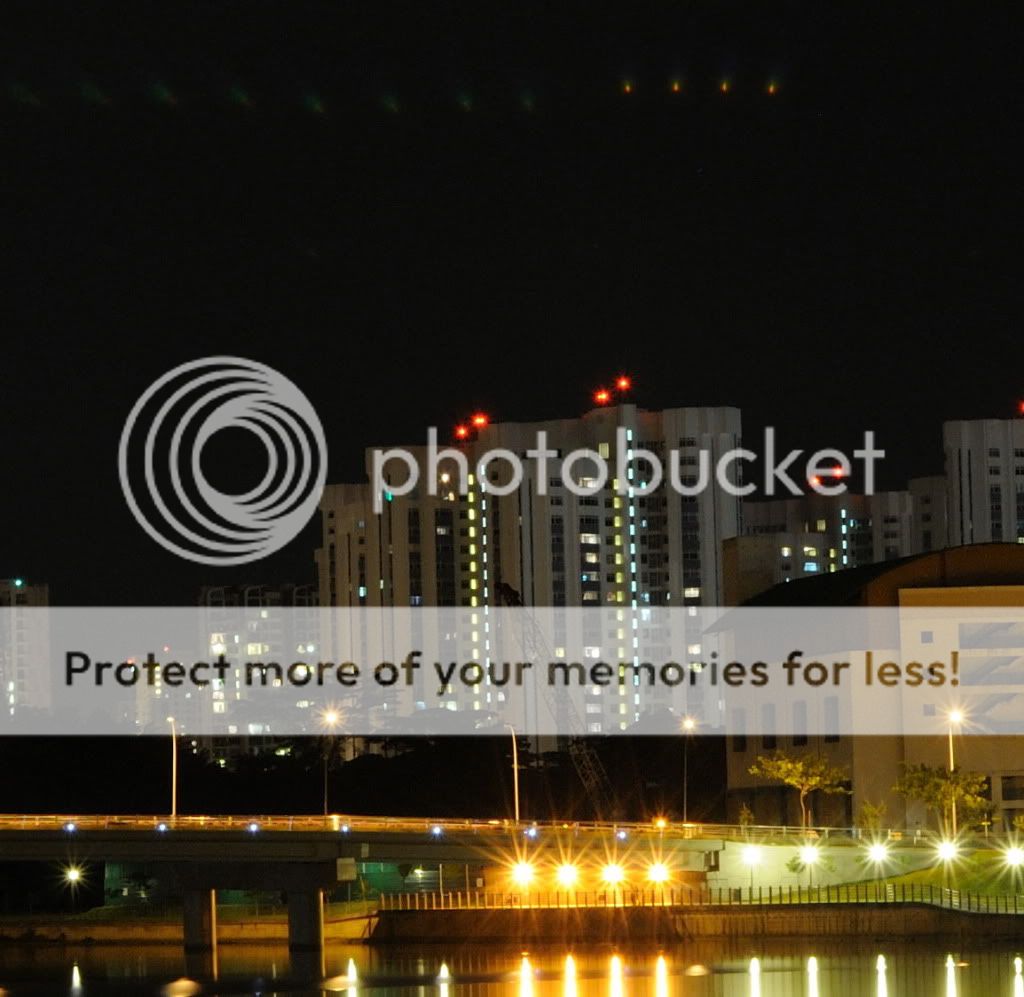Not entirely sure what are these spots on the images, please see below resized and cropped images. I took these last night, left my filter at home and viewfinder with no cover.
#1 taken by 16-85mm
#2 taken by 35mm f/1.8
Can anyone kindly advise what's the problem?
#1 (Resized)

#1 (100% cropped)

#2 (Resized)

#2 (100% cropped)

#1 taken by 16-85mm
#2 taken by 35mm f/1.8
Can anyone kindly advise what's the problem?
#1 (Resized)

#1 (100% cropped)

#2 (Resized)

#2 (100% cropped)



